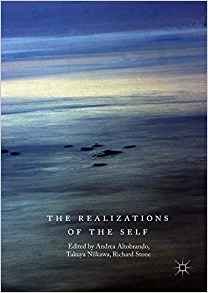Book | Chapter

(2018) The realizations of the self, New York, Palgrave Macmillan.
Three liberal conceptions of self-realization
creativity, authenticity and flourishing
Lidia de Tienda Palop
pp. 199-215
The concept of self-realization, in its most contemporary sense, owes much to an idea, which arose with the Enlightenment, as the culmination of the process of the rebirth of the subject in the fifteenth century. However, the notion of self-realization is complex because it entails a combination of two apparently antagonistic elements: freedom and normativity. In this chapter, I intend to clarify this concept by examining the theses of three authors—J. S. Mill, Taylor and Nussbaum—in whose work the idea of self-realization appears in a significant way. The three philosophers underline some common elements that together with the concepts of project and imagination held by Ortega shed light on the normative dimension of self-realization.
Publication details
DOI: 10.1007/978-3-319-94700-6_11
Full citation:
de Tienda Palop, L. (2018)., Three liberal conceptions of self-realization: creativity, authenticity and flourishing, in A. Altobrando, T. Niikawa & R. Stone (eds.), The realizations of the self, New York, Palgrave Macmillan, pp. 199-215.
This document is unfortunately not available for download at the moment.

